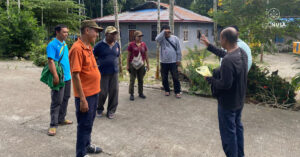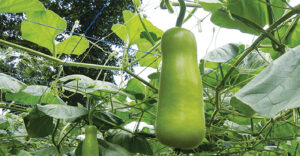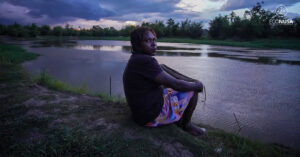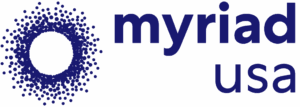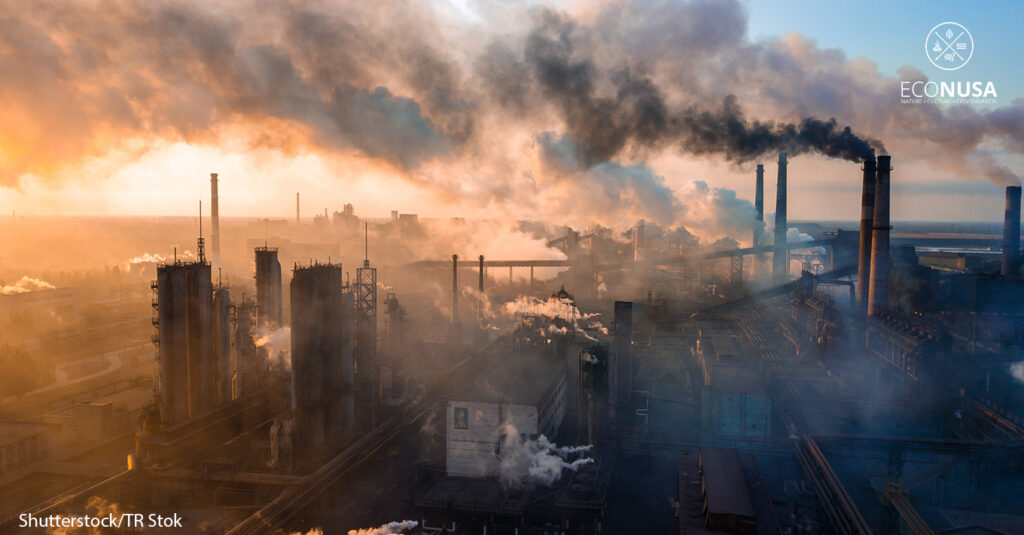
Companies take responsibility for making the environment sustainable. In business as usual, companies like textile industries, if not well-managed, can produce waste that pollutes the environment. Unfortunately, very few companies have concerns about the environment.
To monitor the effects of the company on the environment, the Ministry of Environment and Forestry (KLHK) launched a program called PROPER which stands for the Environmental Performance Rating Program.
“The purpose of PROPER is to promote a good industrial governance for sustainable development,” said Air Pollution Control Director of KLHK, Dasrul Chaniago, in a webinar held by Hukumonline on 18 March 2022.
Read More: Thousand Youngsters Performing Aksi Muda Jaga Iklim as Youth Pledge Manifesto
Dasrul explained about the rating by color that will be given to the companies. Green and gold are categorized beyond compliance. It implies that the companies have had innovations to protect the environment. Blue is given to companies that have made efforts to control waste and achieved the minimum requirements.
Red is given to the companies that had not achieved the minimum requirements. Meanwhile, black is given to the companies that have no efforts to control waste nor environmental damages.
According to PROPER 2021, there are 1,670 companies (64 percent) categorized as blue, 645 companies (25 percent) categorized as red, 186 companies (7 percent) categorized as green, meanwhile 47 companies (2 percent) categorized as gold. Other than rating by color, there are 45 companies that are still in the process of law enforcement.
Read More: Mangrove Rehabilitation, Government Attempts to Reduce Carbon Emission
Furthermore, Dasrul mentioned that PROPER had been working for more than two decades. In the beginning, in 1995 this program was called Prokasih (Program Kali Bersih/Clean River Program) and only measured the leaked waste in the river. However, the program was idle in 1997 because of the monetary crisis. In the meantime, in 2002, PROPER re-emerged actively with the five colors rating which is applicable today.
Responding to this matter, the University of Indonesia’s professor from the Faculty of Law, Andri G. Wibisana, argued that the regulation of PROPER had been changing by years, including the participant membership. “The term voluntary is not shown in the Minister Regulation No. 3/2014 and so is the regulation No. 1/2021,” he said.
Based on Andri’s findings, there are some companies with available data but have gone for some years. “So the data is not consistent,” he said. He cited examples of the decline in numbers of hotel companies categorized as red in 2013–2015. Unfortunately, in 2016 there was no available data of hotel companies, and came up again in 2021.
Read More: Um Island, Symbol of Nature Sustainability
Responding to the issue, Dasrul said the companies that have no data are in the process of law enforcement, so they must be excluded from the database to avoid bias. According to the Minister Regulation No. 2/2013 the law enforcement undertaken by the companies is an administrative penalty like a written warning, forced by government, permit freezing to revocation of environmental permit.
Andri recommended that the penalty can be given not only in the form of law but also social sanction to the companies that are still in the red and black category. The social sanction is published to the public to make a deterrent effect for the problematic companies.
On the other hand, the quality of the national environment tends to be better. The Quality of National Environment Index (IKLH) in 2021 reported a rise to 71,43. This number exceeds the national target of 68,96.
Read More: Protecting Customary Land from Palm Oil Investment
There are 28 provinces that met the 2021 national target. Meanwhile, there are 6 provinces that have not reached the target. IKLH is the value arising from the quality measurement of water, sea water, air, land, and also peat land. The higher the numbers means the quality of the environment is better.
IKLH calculation is derived from Water Quality Index (IKA), Air Quality Index (IKU), Land Quality Index (IKL), and Sea Water Quality Index (IKAL). According to KLHK, the local government should set up their own IKLH targets as the reference of environmental quality improvement through recovery and control of environmental pollution and destruction.
In other words, IKLH shows the status of the national environment and PROPER is one of the platforms used as the parameter for improving protection and recovery of the environment that could be done together.
Editor: Leo Wahyudi


